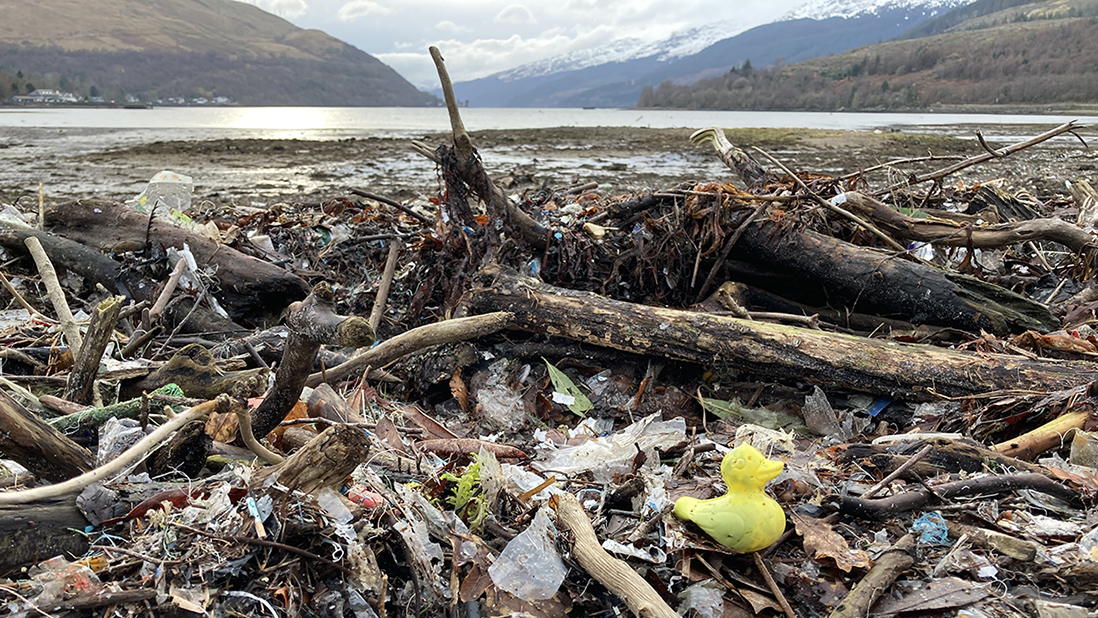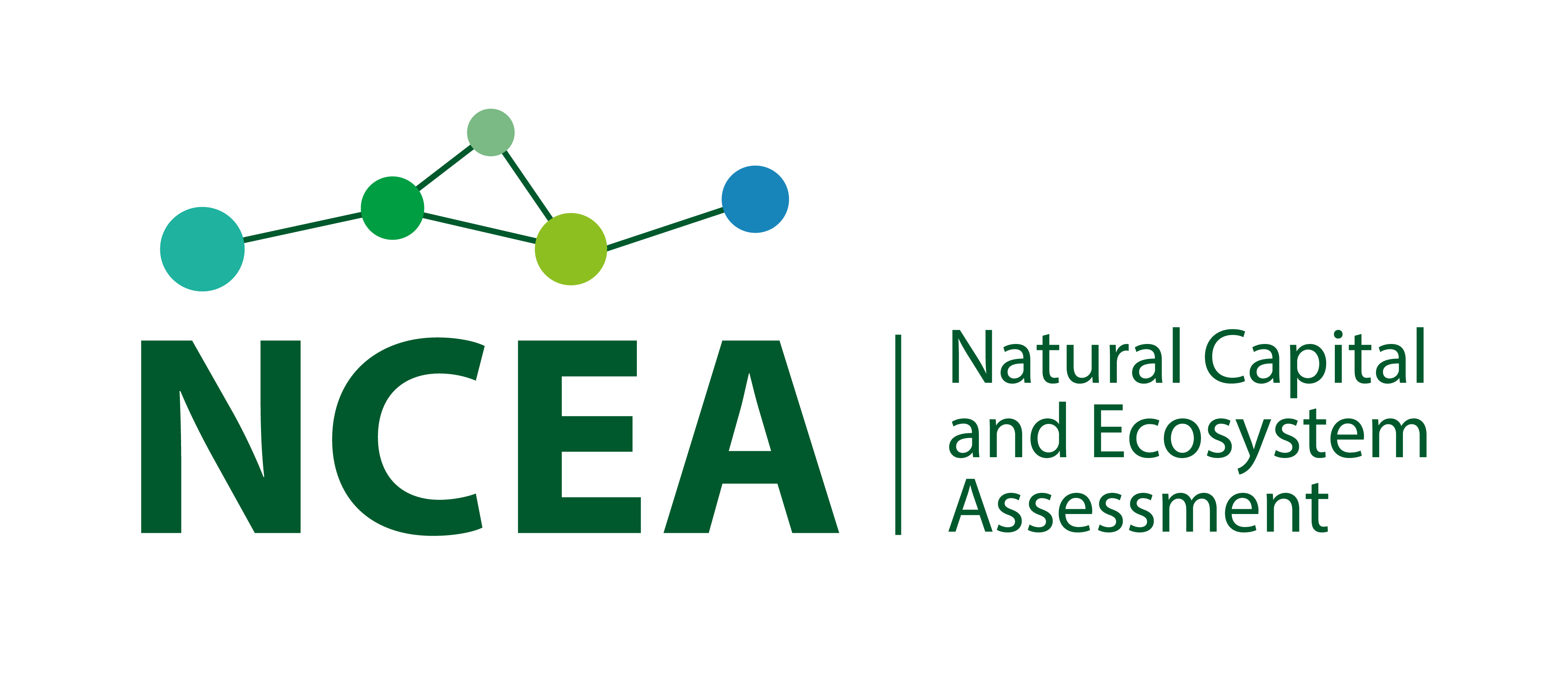A solutions-oriented, interdisciplinary, interprofessional meeting
10.30am-4pm, 26 June 2025
University of Glasgow
Important deadline: register your interest by Friday, 30th May (more info below)
Purpose
The aim of this event is to bring together experts from across disciplines and sectors to think differently about the persistent challenge of removing plastic waste from coastal litter sinks in ways that preserve/extract resources and value.
Event summary
Due to a combination of topology, geography, prevailing winds, currents and more, marine-borne plastics/litter accumulates unevenly along coastlines, with some places developing into what are referred to as “litter sinks”. While there are significant efforts to reduce marine litter (through e.g. Keep Scotland Beautiful’s Upstream Battle and KIMO’s Fishing for Litter initiatives) there are certain places where large amounts of plastic have already been deposited and will continue to accumulate for many years. As plastics break up in the marine and shoreline environment, we face situations where smaller and smaller scraps of mixed plastics are embedded in matrices of wrack, marram grass and other plant matter. This admixture poses real challenges in relation to removal, separation and retention of both plastics and plant matter, both of which could (should) be seen as valuable resources. There are also challenges with removal due to remoteness and/or concerns about damaging local foreshore/shoreline ecosystems where mechanical removal is needed.
This event will use the village of Arrochar, Scotland’s highest-profile litter sink, and other places along the Scottish coast as examples to provoke novel, solutions-oriented thinking. We aim to generate new ideas relating to the following questions:
- How can large quantities of mixed plastic/other waste/vegetable matter be safely removed from shoreline environments?
- How can these materials be treated – for example to separate seaweed from plastics and clean both?
- How can these materials be used as resources – for example seaweed as compost or feedstock for bioplastics, plastics for recycling or waste-to-energy …?
- Can such processes be made to pay for themselves?
During the event, you will hear from some of those who are already grappling with the realities of beached marine litter in Scotland, including representatives of the GRAB Trust and Solway Firth Partnership. You will get to interact with materials that have been co-created with a variety of stakeholders to illustrate the problems in ways that make them real and prompt alternative ways of thinking.
Intended participants
- Academics with expertise in any relevant field, e.g. waste-to-worth chemistry, environmental chemistry, environmental engineering, environmental science, ecology, energy geography, environmental economics, marine science …
- Local stakeholders
- Third sector pro-environmental organisations
- Action-oriented policy-makers
How to register
This event is free of charge but numbers are limited. To ensure a diverse range of expertise and interests amongst those attending, we are therefore asking potential attendees to register their interest using THIS FORM by COB Friday, 30th May. We will confirm attendance early the following week.
If you have any questions, contact George.Robertson.2@glasgow.ac.uk
This University of Glasgow event is supported by the University of Glasgow’s Knowledge Exchange Fund and Centre for Research and Development in Adult and Lifelong Learning, the Coast-R Network, the GRAB Trust and the Solway Firth Partnership.














